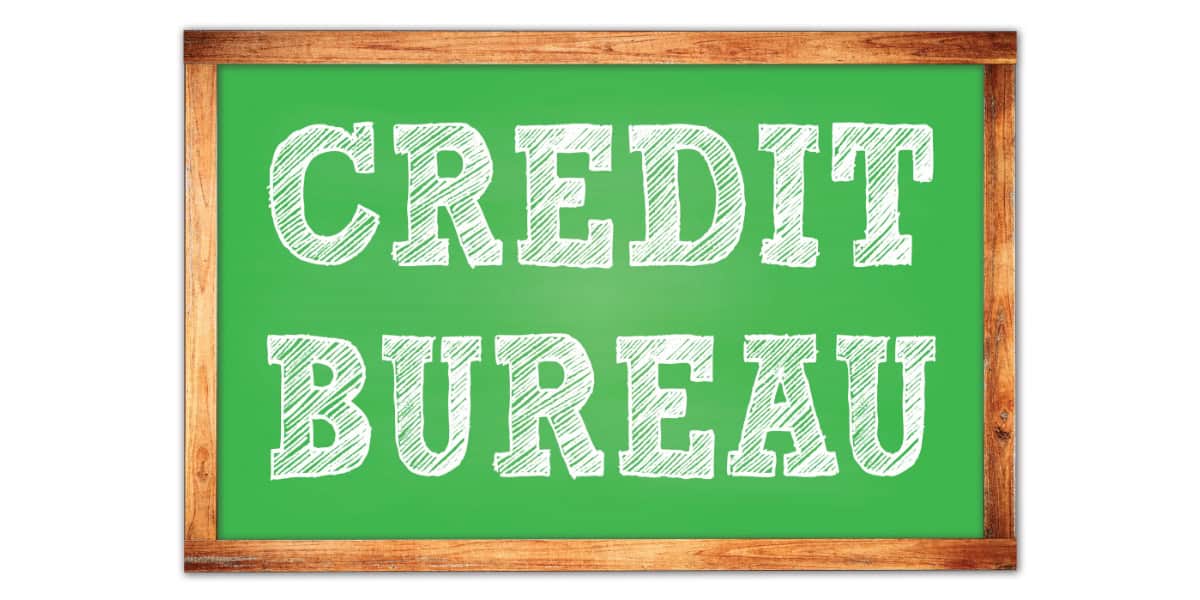You might not realize it, but a credit bureau plays a crucial role in your financial life. These organizations collect and maintain your credit history, which lenders use to assess your creditworthiness. With major players like Experian, TransUnion, and Equifax, understanding how they operate can significantly impact your financial opportunities. But what exactly do they track, and how does that information affect you? The answers could change the way you approach your credit management.
Definition of a Credit Bureau
A credit bureau is your financial watchdog, collecting and maintaining information about your credit history and usage.
These organizations gather data from various sources, including lenders, banks, and credit card companies, to create a comprehensive picture of your creditworthiness.
They track your payment habits, outstanding debts, and any public records, such as bankruptcies or foreclosures. This information helps lenders assess your risk when you apply for loans or credit cards.
By understanding how a credit bureau operates, you can better manage your credit profile and make informed financial decisions.
Regularly checking your credit report can help you spot errors or potential fraud, ensuring your financial health remains intact.
Types of Credit Bureaus
Understanding the different types of credit bureaus can help you navigate your credit landscape more effectively.
There are primarily three major credit bureaus: Experian, TransUnion, and Equifax. Each of these bureaus collects and analyzes your credit information, providing a credit report that lenders use to assess your creditworthiness.
You might also encounter smaller credit reporting agencies that focus on specific industries or regions. These niche bureaus may offer specialized reports, like tenant screening or insurance risk assessments.
Knowing which bureaus lenders typically use can help you track your credit score across different platforms.
Always check your reports from all major bureaus, as discrepancies can affect your credit health and borrowing opportunities.
How Credit Bureaus Collect Data
Credit bureaus collect data from various sources, including lenders, credit card companies, and public records.
When you apply for credit, lenders report your payment history, loan amounts, and credit limits to these bureaus. This information helps them assess your creditworthiness.
Credit card companies also share your spending habits and payment records, contributing to your overall credit profile.
Additionally, public records, such as bankruptcies, tax liens, and civil judgments, provide crucial insight into your financial behavior.
Credit bureaus use this aggregated data to create a comprehensive picture of your credit history.
Credit Reports and Scores
Your credit report and score play a vital role in determining your financial health and eligibility for loans or credit cards. A credit report is a detailed record of your credit history, including your borrowing and repayment behavior, while your credit score is a three-digit number summarizing that information.
Lenders use your credit score to assess the risk of lending you money. The higher your score, the more favorable the terms you’ll receive.
To maintain a good credit score, pay your bills on time, keep your credit utilization low, and avoid opening too many new accounts at once. Regularly check your credit report for errors, as they can negatively impact your score.
Being proactive about your credit can lead to better financial opportunities.
Importance of Credit Bureaus
In today’s financial landscape, credit bureaus play a crucial role in shaping your access to loans and credit options.
They collect and analyze your credit information, creating a credit report that lenders use to assess your creditworthiness.
When you apply for a loan or a credit card, lenders rely on this information to decide whether to approve your application and what interest rates to offer you.
A good credit score can save you money and open doors to better financial opportunities, while a poor score might limit your options.
Frequently Asked Questions
Can I Request My Credit Report for Free?
Yes, you can request your credit report for free.
In the U.S., you’re entitled to one free report annually from each of the three major credit reporting agencies.
Just visit AnnualCreditReport.com to get started.
How Often Should I Check My Credit Report?
You should check your credit report at least once a year.
If you’re planning a major financial decision, like applying for a loan, consider checking it more frequently to catch any issues early.
What Happens if I Find Errors on My Credit Report?
If you find errors on your credit report, you should dispute them immediately.
Gather supporting documents, contact the credit bureau, and provide details.
They’ll investigate and correct inaccuracies, improving your credit score and financial standing.
How Long Does Negative Information Stay on My Credit Report?
Negative information typically stays on your credit report for seven years.
Some items, like bankruptcies, can linger for ten years.
Regularly checking your report helps you stay informed and address any issues promptly.
Do Credit Bureaus Sell My Personal Information?
Yes, credit bureaus do sell your personal information, but they typically share aggregated data rather than specific details.
You can limit this by opting out of prescreened offers and monitoring your credit report regularly.
Conclusion
In conclusion, credit bureaus play a vital role in your financial journey.
By collecting and analyzing your credit data, they help lenders evaluate your creditworthiness, impacting your ability to secure loans and favorable interest rates.
Understanding how these bureaus work empowers you to manage your credit effectively.
Keep an eye on your credit reports and scores, as staying informed can lead to better financial opportunities and help you achieve your goals.

